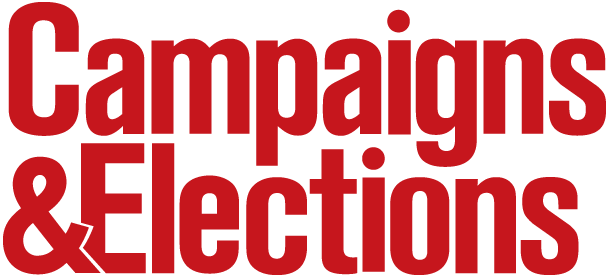Working with Election Media Influencers: Landing Hits and Helping Out
 By James Rubec, Cision Canada Content Marketing and Social Media ManagerFollowing this roller coaster of a U.S. presidential election and finding an entry point into the discussion isn’t easy. The campaigns are moving too fast for journalists to pause for anything that doesn’t have a clear benefit to their knowledge-hungry readers. However, if you know how to help a reporter or producer get ahead, then you’ve got an in.There are three ways you can help an election influencer.
By James Rubec, Cision Canada Content Marketing and Social Media ManagerFollowing this roller coaster of a U.S. presidential election and finding an entry point into the discussion isn’t easy. The campaigns are moving too fast for journalists to pause for anything that doesn’t have a clear benefit to their knowledge-hungry readers. However, if you know how to help a reporter or producer get ahead, then you’ve got an in.There are three ways you can help an election influencer.
Readers are interested in people taking sides which fills in controversy with debate and qualitative experiences from respected individuals. Brands are often hesitant to engage in politically charged discussions, this season even more so, but this is where the true opportunity lives. If your executive team has an opinion on the election, a party or its policies — voice it and be prepared to stand by it. Executive leaders have a voice and many have seen value in sharing it. Notable examples this year are Warren Buffett, Berkshire Hathaway, Former Chairman and CEO of General Motors Dan Akerson, as well as Tim Cooke of Apple, who are supporting Hillary Clinton. Donald Trump has the support of Silicon Valley investor Peter Thiel and Woody Johnson, owner of the New York Jets and heir to Johnson & Johnson among others. There is a calculation in brand alignment and political goals but for all of these executives, and the brands behind them, new awareness is generated.
- Share valuable data
Companies have access to data points that are relevant to their industries and audiences which can give them an edge in political discussions that is unbiased and still interesting. Banks can release data on small business loans to showcase how the election drives uncertainty in local economies. Social media providers have shared live conversation trend data with broadcasters during debates. Shed light on the activities and interests of the electorate by packaging and distributing your proprietary data.
- Provide expert commentary
Executives are often experts in their fields, and your brand may have accredited researchers who are recognized by their peers. Position your company’s best and brightest minds to add commentary on the election. Pitch producers and editors with their opinions on breaking news, have them write op-eds in national papers and enable them to ply their expertise in service of news organizations. This allows your executives to remain apolitical while also presenting your brand’s value and insights.In an election year anyone can present their opinions, data and expertise, but when you represent a brand there is a good chance all three have value to the media.
